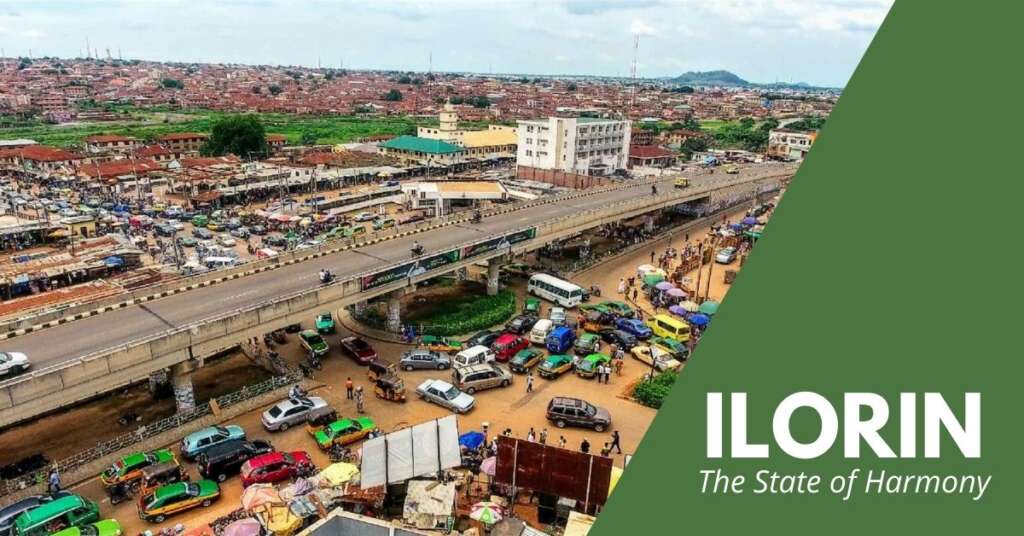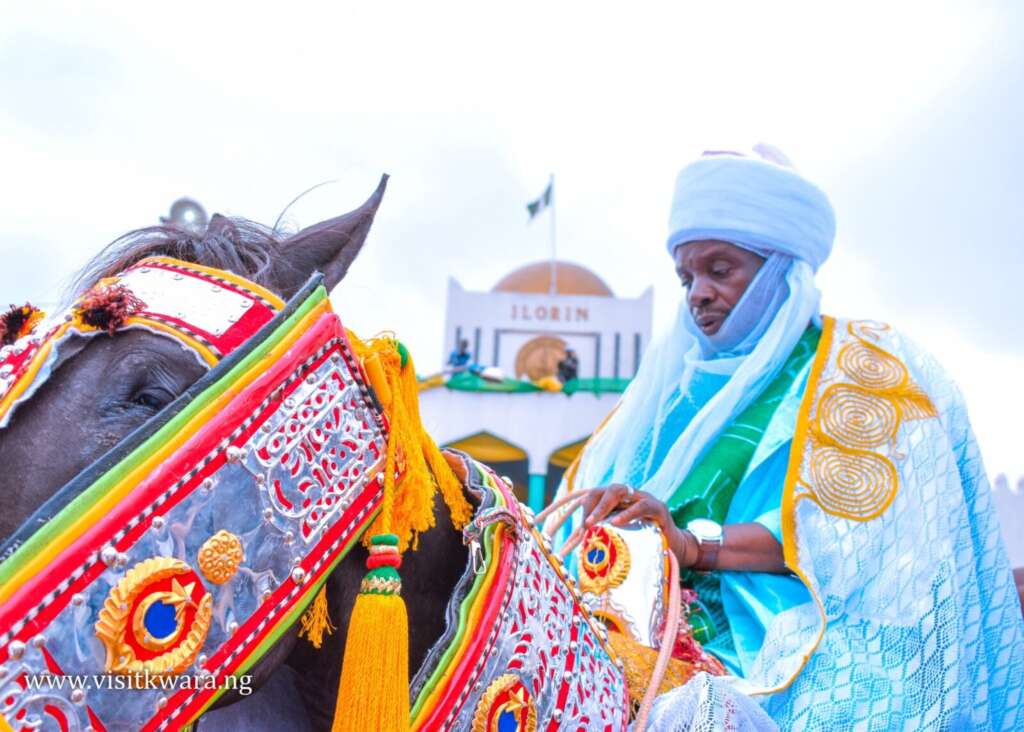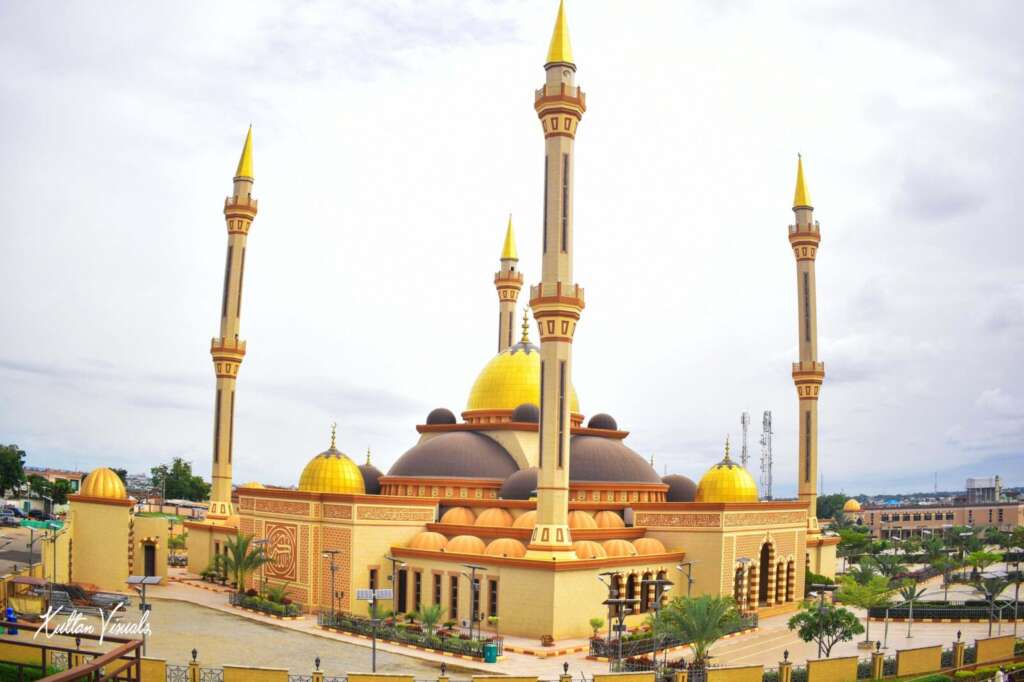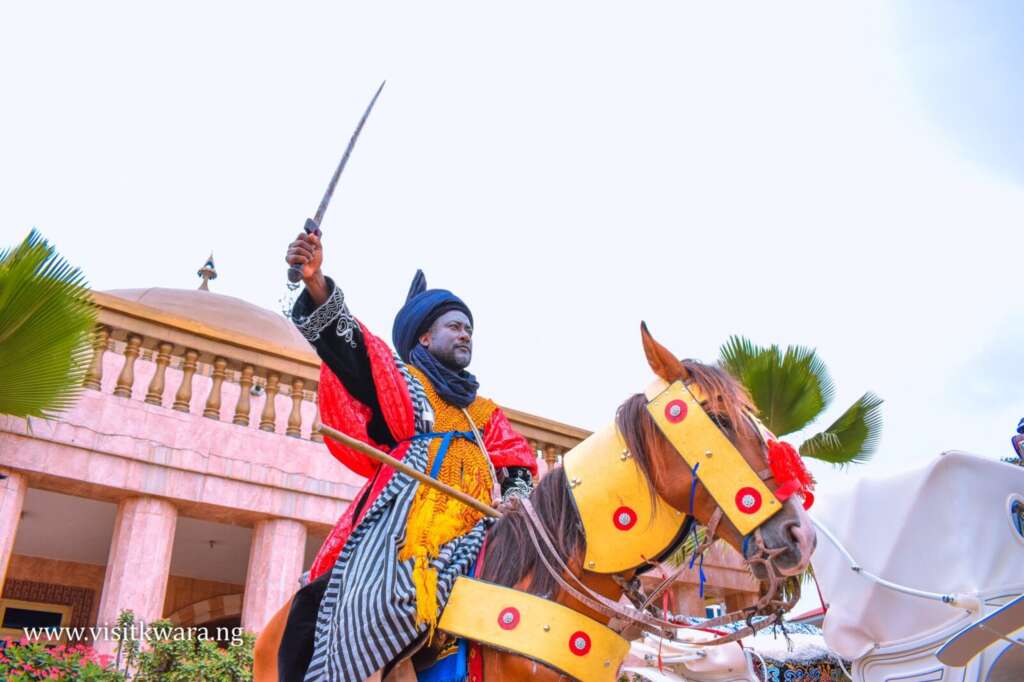Ilorin People and Its Culture
Ilorin was Founded in the late 18th century by the Yoruba people. The name “Ilorin” was derived from “Okuta Ilorin”, which means a stone used for sharpening metal. This stone was the one used by the founding father of Ilorin, Ojo Isekuse, to sharpen his metal tools.

Ilorin is the capital of Kwara State, a State in Southwest Nigeria with an estimated population of 973,671, according to the World Population Review. The City is known for its harmony despite the cultural and religious diversity that makes up the State.
History

Ilorin was Founded in the late 18th century by the Yoruba people. The name “Ilorin” was derived from “Okuta Ilorin”, which means a stone used for sharpening metal. This stone was the one used by the founding father of Ilorin, Ojo Isekuse, to sharpen his metal tools.
Ojo Isekuse was a Yoruba hunter who history claimed was the first person to settle in Ilorin. His settling down there attracted other groups of people who also came down to Ilorin to settle down.
Ilorin served as a provincial military headquarters of the ancient Oyo Empire. The Oyo Empire dynasty was overthrown by Shehu Alimi, a descendant of Shehu Usman Dan Fodio after The Oyo’s commander at Ilorin, Kakanfo Afonja, led a rebellion in 1817 that destroyed the unity of the Oyo empire.
Afonja was increasingly dominated by the Muslim Fulani, and, upon his assassination, Alimi’s son, Abd al-Salam, became the emir of Ilorin and pledged allegiance to the Sokoto caliphate.
The Islamic religion was spread throughout Ilorin after Shehu Alimi carried out a jihad on the people in Ilorin. As a Muslim emirate, Ilorin subjugated several towns in Yorubaland and destroyed the Oyo capital, Oyo Ile in 1837. Abd al-Salam conducted a jihad toward the sea and was only stopped by the Ibadan victory over his cavalrymen at Oshogbo in 1840.
Modern Ilorin

Modern Ilorin is made up of different cultures which consist of Yoruba, Hausa, Fulani, Nupe, Barba, and Kanuri with the predominant language being Yoruba and Hausa as the second most popular language.
There is a wide claim that Ilorin is predominantly inhabited by Muslim Yoruba people, with a pocket full of Christians, although its traditional ruler is a Yoruba-speaking Fulani emir.
There is a strong influence of Islam can be seen in the mode of greetings, dressing, and other customs which are deeply rooted in the tenets of Islam.
Ilorin, as an Islamic community, has contributed significantly to the Yoruba culture and tradition, The city has also contributed to the socio-cultural development of Nigeria through its traditional waka and were poetry, which later metamorphosed into fuji music, as well as Islamic religious songs during Ramadan.
Christianity is also being practiced in a lot of places because people have migrated into the place from other parts of Kwara State and Nigeria.
Durbar Festival

The Durbar festival is an annual cultural, religious, and equestrian festival celebrated in Ilorin and several northern cities of Nigeria including Kano, Katsina, Sokoto, Zazzau, Bauchi, and Bida, The festival marks the end of Ramadan and also coincides with the Muslim festivities of Eid al-Adha and Eid al-Fitri.
It begins with prayers at dawn, followed by a colorful mounted parade of the Emir and his retinue of horsemen, musicians, and artillerymen. At the Durbar festivals, noblemen travel to pay homage to the Emir and reaffirm their loyalty to their various emirates.
In Ilorin, the Emir rides in the company of the royal family, escorts, joined by different family heads each showcasing family regalia on horses and camels all intricately designed.
The procession starts from the Emirs Palace, through General, Taiwo road, Oja Oba road, and back to the Emir Palace. At each stop, the Emir will be greeted by residents of the Ilorin metropolis all chanting ” Shehuuuuuu’ as a sign of homage and respect to the Emir accompanied with melodious songs, rhythmical dances peculiar to different families represented by their family heads. Among these houses were Ajia Opele of Ilorin, Galadima Ngari of Ilorin, Kannike (So mai Sonka), Sarkin Gambari family, D/Head Fufu, Shitta Alimi, Balogun Fulani of Ilorin.
